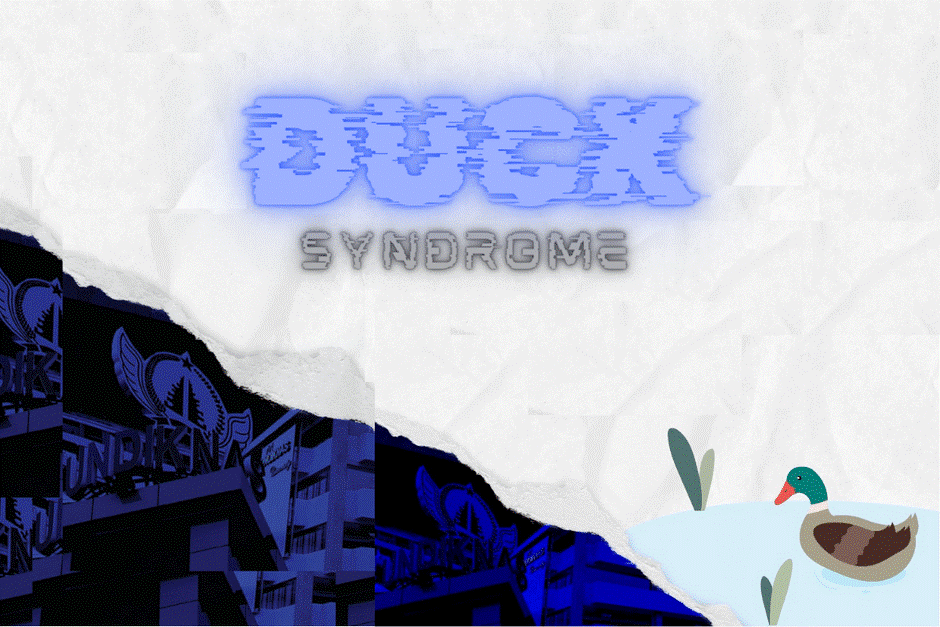
Duck Syndrome – Ever Heard of This Psychological Term? Check Out the Following Article
Duck Syndrome is a psychological phenomenon that is not widely known but has a significant impact on an individual’s mental well-being. This term refers to the imbalance between an outward appearance of calm and peace and the intense and heavy internal struggles experienced by a person.
When we observe a duck swimming on the surface of the water, they appear calm and relaxed. However, beneath the surface, they are paddling furiously to stay afloat. The same can be applied to Duck Syndrome in the context of humans.
People experiencing Duck Syndrome may appear to have everything under control. They might be successful academically, professionally, or socially, and their lives may seem perfect. However, inside, they may feel anxious, depressed, and unable to cope with the pressures they face.
The causes of Duck Syndrome can be highly varied and complex. One of the main causes is social pressure and high expectations from the surrounding environment. People experiencing Duck Syndrome often feel the need to maintain a perfect image in the eyes of others, hiding their stress and anxiety behind a mask of happiness.
Additionally, constant social comparison through social media can also reinforce Duck Syndrome. Seeing the success and happiness of others displayed on social media platforms can make individuals feel inadequate or like failures, even though, in reality, many of those people are also struggling behind the scenes.
The inability to cope with pressure healthily can also be a contributing factor to Duck Syndrome. Some people may lack the skills or sufficient support to manage their stress and anxiety effectively, leading them to bottle up their feelings rather than seek help.
To overcome Duck Syndrome, it is important to acknowledge that success and happiness do not always mean being free from struggle. Accepting that feelings of stress and anxiety are a natural part of life and finding ways to manage them healthily, such as talking to trusted people or seeking professional help if needed, is the first step towards recovery and better mental well-being.



